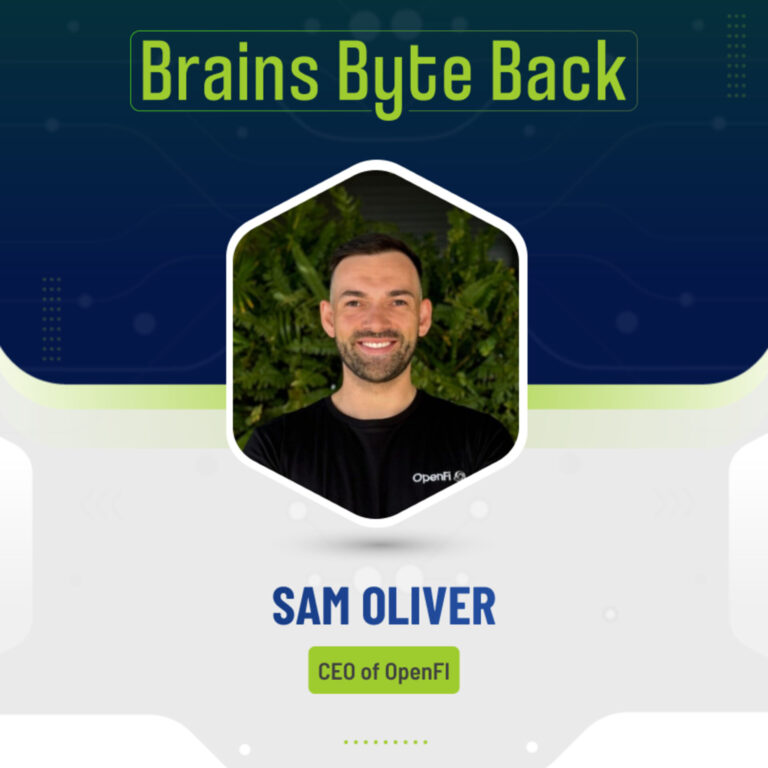Reports that German police are encouraging English football fans to enjoy smoking cannabis at the Euro 2024 kick-off could easily be mistaken for satire. Yet it’s true.
As of April 1st, the German Bundesrat officially legalized personal cannabis consumption, permitting citizens over 18 to carry up to 25 grams for personal use. Given the typically calming effects of cannabis in contrast to heavy drinking, the German police were understandably keen to leverage the benefits of these new freedoms.
However, the importance of this legalization goes far beyond keeping the peace at sporting events. As Germany becomes the latest government to accept that taking a hardline stance on personal cannabis consumption isn’t working, it’s set to further fuel this trend both within Europe and internationally.
In 2024, legalizing cannabis is no longer seen as a radical policy, but a sensible strategy.
Yet new legislation is just part of the story. Breakthrough advances in AI and neurotechnology are set to have an outsized impact on this $81 billion/year industry. For instance, AI is already able to reduce the time needed for clinical trials from 18 months to less than 3.
More broadly for the economy, according to a recent report more than 428,000 full-time jobs were supported by legal cannabis in the US alone, creating even greater opportunities for AI innovators.
Here are three opportunities for entrepreneurs in the rapidly growing cannabis industry in 2024, and why science and AI are set to play a key role.
Developing innovative cannabis products with the help of AI and wearable brain (EEG) technology
The cannabis industry worldwide has been maturing for many years, but the market is expected to grow further still in the years ahead. As more regions have legalized cannabis, it has created more opportunities for farms, dispensaries, and associated jobs.
At the same time, the burgeoning market has also shown us the value of product innovation. Consumer product experience research is now more reliable (objective), practical, affordable, and straightforward than before, with wearable brain (EEG) technology and AI models for brainwave analysis data providing greater results and accuracy than traditional methods such as body fluid analysis.
For example, before regulation, smoking was the most common way to consume cannabis. However, in 2024, just 18% of potential customers would consider this option first, with alternatives like edibles and beverages taking the lead.
In fact, the market for edibles alone is expected to grow at more than 12% per year. Entrepreneurs can get ahead of this by developing different products targeted to appeal to regional trends and recreational habits as the market across the globe opens up. With AI and new scientific breakthroughs, the time needed for product development can be dramatically reduced.
Further, the first medicinal cannabis product received EU-wide marketing authorization in late 2019. From treating chronic pain to easing seizures for epileptic patients, medical product sales are expected to total more than €100 billion by 2028.
Here, highly specialized products can be key, from cannabis sprays that deliver a precise dosage to oils with an optimal balance of psychoactive ingredients. Examples of companies innovating in this space are Kinloch Wellness, Greentank Technologies and Pax.
Reduce stigma with market education and AI-driven scientific research
Cannabis decriminalization will create tens of thousands of new consumers across Europe alone, in addition to other regions. Educating these new consumers about the effects that cannabis products create should be a top priority.
While marijuana has been approved in many countries for years, there is still a stigma around products, dispensaries, and general consumption. For instance, Spain is now the world’s seventh-largest producer of medical cannabis, yet Spanish patients have no legal access to their own country’s produce due to prevailing attitudes.
Yet in contrast, January 2024 saw the first legal non-profit cannabis club open its doors in Malta, while Switzerland regulated legal sales at the end of 2023 in key milestones for European adoption.

The market for global education and related products is set to reach at least $10 trillion by 2030 as population growth in developing markets fuels a massive expansion.
As marijuana legalization becomes more widespread across the globe, we can hope to see this stigma reduced. However, proactive market education will accelerate this process.
Entrepreneurs can recognize localized developments and leverage novel AI breakthroughs to create the most effective materials for each target audience. For instance, Dr. Diamandis of UHN is leveraging AI to analyze images by identifying spatial distribution to recognize familiar patterns to further his research, highlighting the important advances being made by the scientific community in this regard.
Leveraging AI for Widespread data collection
Millennials and Gen Z are much more likely to opt to consume cannabis in place of alcohol, marking a significant cultural reset.
As more states legalize cannabis for medical and recreational use, both risks and benefits to populations need to be measured. This will not only improve our understanding of its medical properties but also help to better regulate recreational products.
Also, with more reputable studies, medical professionals and patients may be open to cannabis as an alternative treatment option. This represents another untapped opportunity.
Government legislators, product developers, and medical companies will all want to access quality, widespread data sets and analysis that entrepreneurs can provide. New AI for brainwave analysis to prove the efficacy of products is set to play a key role here, enabling research costs to be dramatically reduced.
In addition to the efficiency of AI-based brainwave analysis for product efficacy research, the legalization of cannabis will not only transform the legal landscape but also foster a robust ecosystem of innovation and collaboration between scientific startups and government entities.
For example, the wearable EEG device and AI that my company built can be used by regulators or employers to add objectivity and avoid false accusations of impairment due to the detection of THC residue in body fluids, in order to improve the investigation process of cannabis impaired driving. An independent study conducted by a clinical research organization showed the potential of this to more objectively and accurately determine if a driver is actually cannabis impaired or was. This capability could trigger research projects with the German government or other European regulators to develop standardized protocols for improving the accuracy of cannabis-impaired driving assessments.
With the changing of legislation across the globe, and the emergence of AI for brain data analysis, the cannabis industry offers a number of breakthrough opportunities for the innovative entrepreneurs of tomorrow.
Article by Israel Gasperin, CEO of Zentrela

This article includes a client of an Espacio portfolio company











